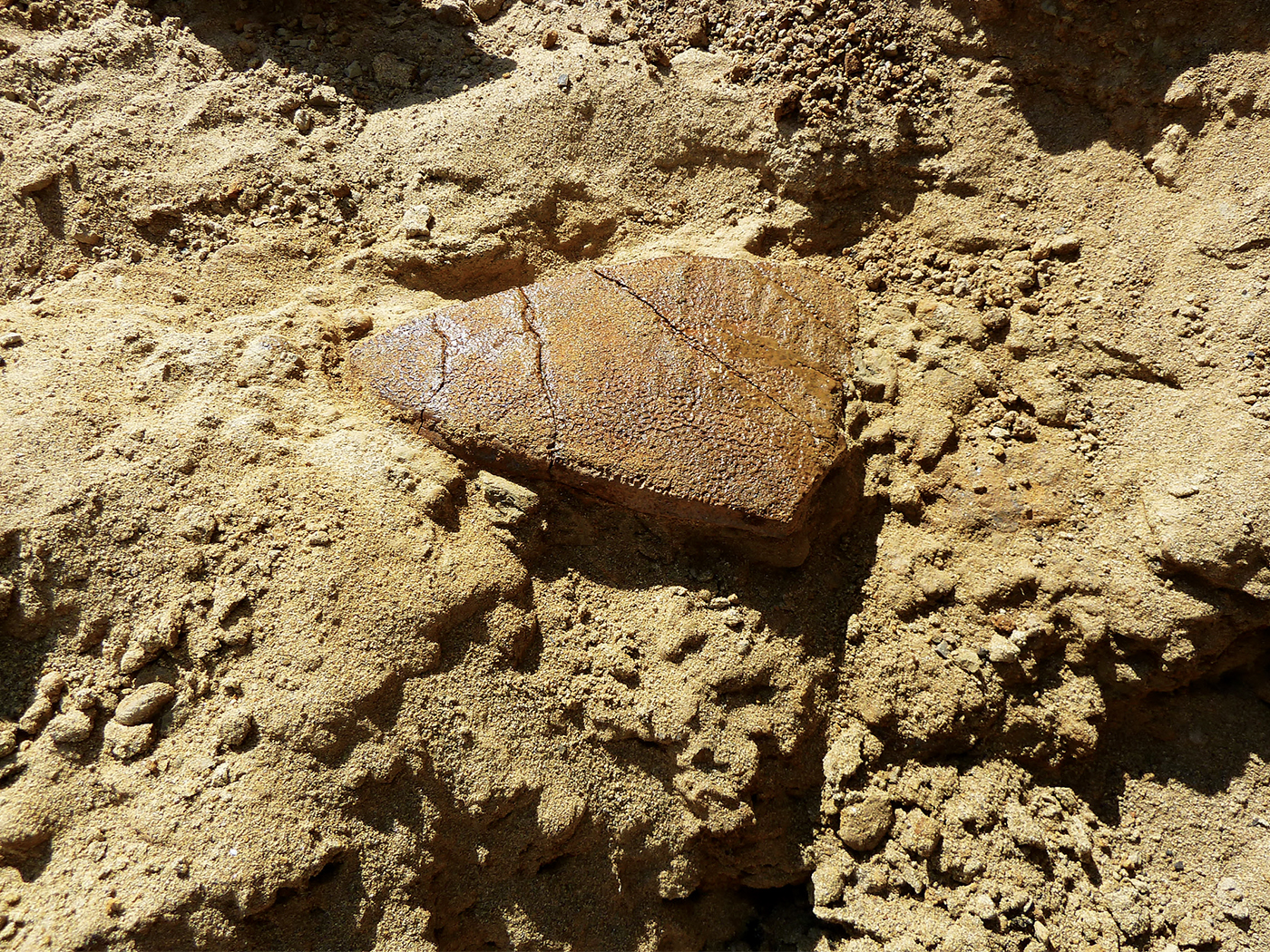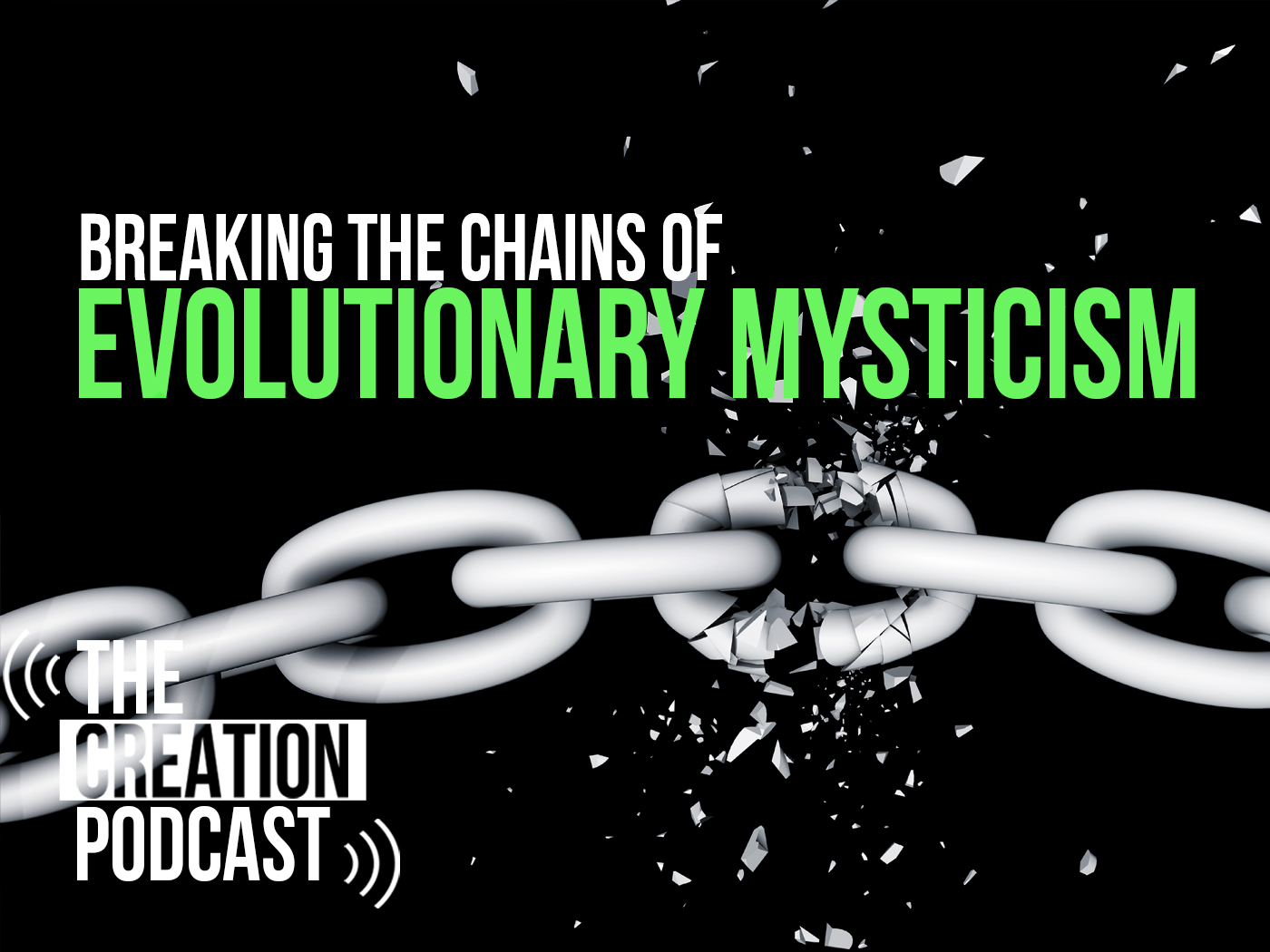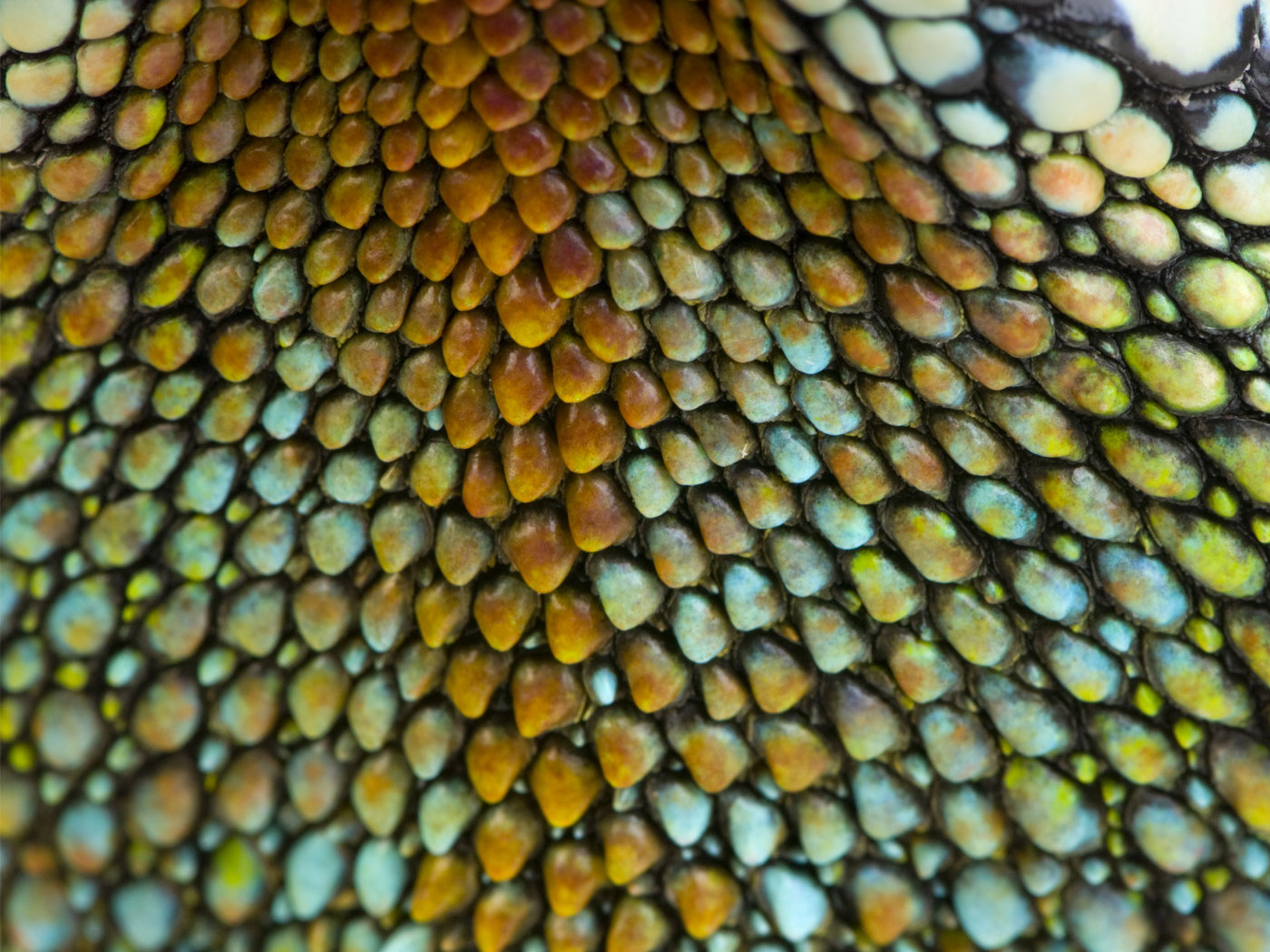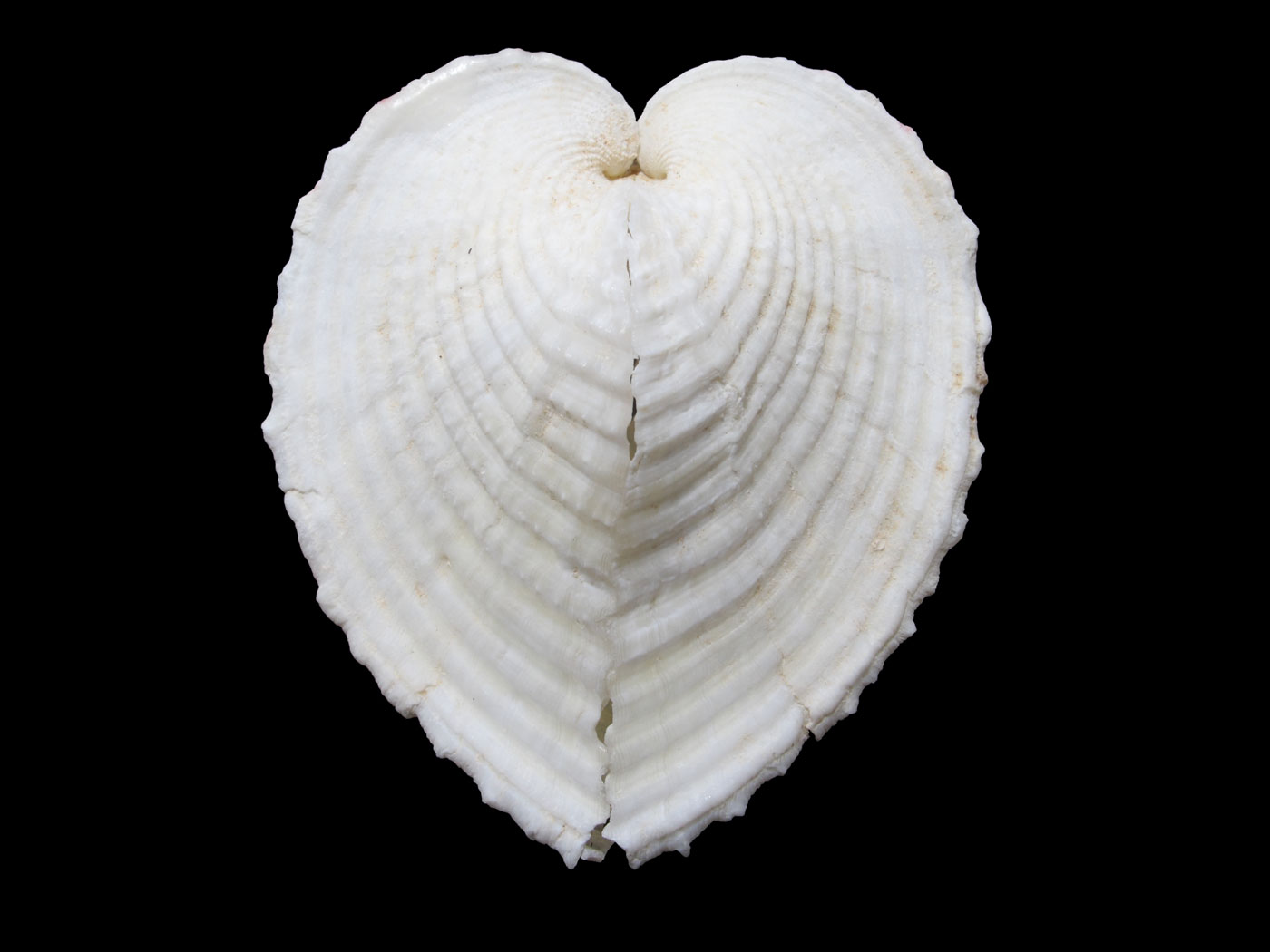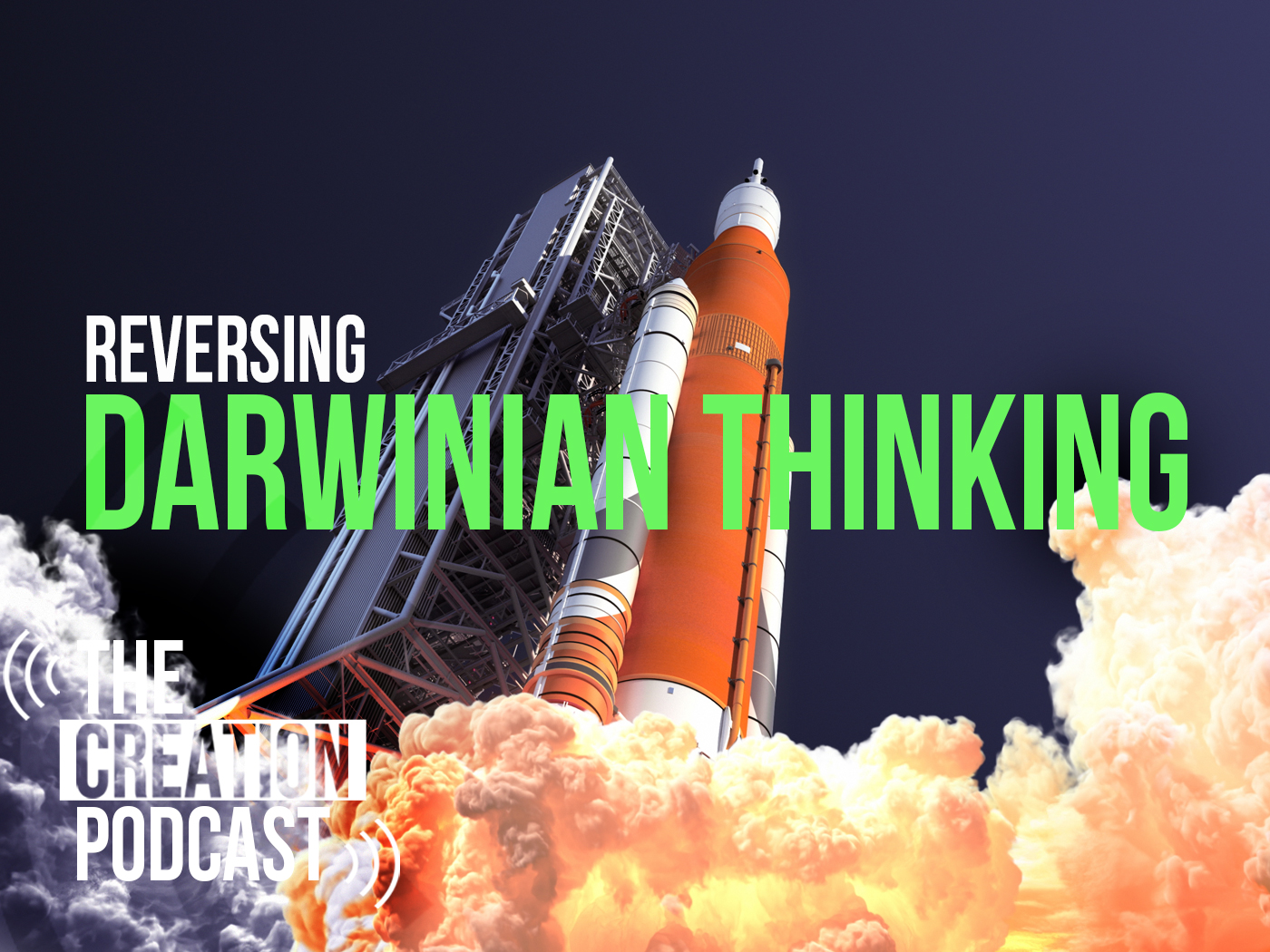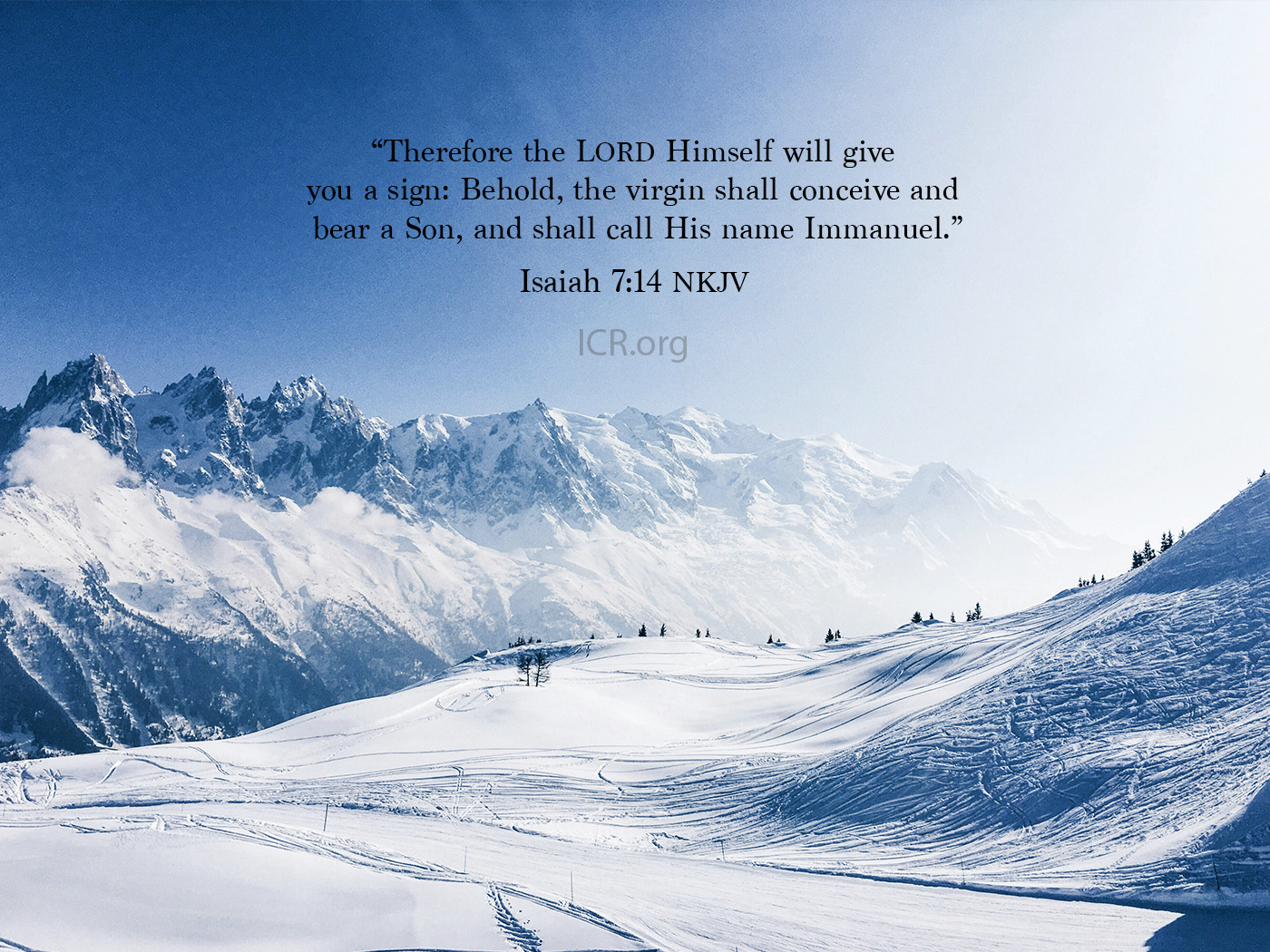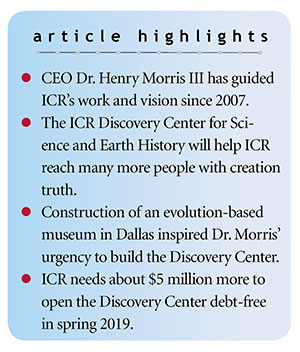 ICR’s founder, Dr. Henry M. Morris, started the Institute for Creation Research in 1970 in a joint venture with Christian Heritage College, now San Diego Christian College. His groundbreaking book The Genesis Flood, co-written with Dr. John Whitcomb, triggered the modern biblical creation movement.
ICR’s founder, Dr. Henry M. Morris, started the Institute for Creation Research in 1970 in a joint venture with Christian Heritage College, now San Diego Christian College. His groundbreaking book The Genesis Flood, co-written with Dr. John Whitcomb, triggered the modern biblical creation movement.
If you’ve read his biography, Henry M. Morris: Father of Modern Creationism, you’ll know he faced many obstacles and setbacks along the way. But with God’s help, his work ultimately resulted in a resurgence of belief in the six-day creation account of Genesis and established a relatively new concept: using science to confirm the Bible’s accuracy and authority. Dr. Morris went to be with the Lord in 2006.
The founder’s eldest son, Dr. Henry Morris III, took the helm in 2007 as CEO, oversaw ICR’s move from Santee, California, to Dallas, Texas, and cast the vision for ICR’s biggest project yet—the ICR Discovery Center for Science and Earth History. We sat down with him for an interview about his father, ICR’s history, and the Discovery Center. The experience was fascinating. Dr. Morris carries a strong passion to see God honored, the Scriptures upheld, and evolution discredited.
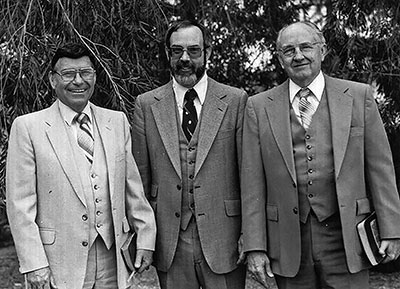
Dr. Morris, what is your vision for the Discovery Center? Where did this idea come from?
I think that it’s fair to say that a place to showcase our evidence and research had been on my mind—and on ICR’s mind, as a matter of fact—for decades. We had a small museum in Santee. Its main focus was geologically oriented since that was the focus of most of our research back in the ’70s and ’80s. Although it was a handmade effort, we served a lot of people with it, some years exceeding 25,000 visitors. But the vision for something greater germinated when I saw the announcement of the Perot Museum of Nature and Science in Dallas. The lead article—back in 2008, I think—said that they were going to present the wonders of evolution. My heart just skipped a few beats, and I said, “I’ve got to do something to counter that.”
I began praying in earnest about it, and as the Lord seems to do with visions like that, it tends to grow and morph as you get a little bit more serious about things. A couple of years later, we began putting the word out among our constituency, and some additional donations began to appear. We received a surprise gift of a little over $2.5 million that confirmed our sense that the Lord was leading—okay, let’s go forward.
Was that kind of a tip-off that the time is now?
Yeah, I knew it wasn’t enough for the project, but it was enough to get us started and to seriously begin looking at the “what ifs” and “could be’s.” But for a while there, it just wasn’t coming together.
One thing has been a hard lesson to learn through all of ICR’s history. Frequently, the Lord gives a vision, but it doesn’t come to fruition for some time. When you look at biblical accounts, you see that’s pretty common. For instance, Moses was thrown from power and spent 40 years after that on the back side of the desert before the Lord called him to deliver Israel. David was an outlaw after he had been anointed king by Samuel. Joseph was in prison for 18 years before the Lord made him “pharaoh number two.”
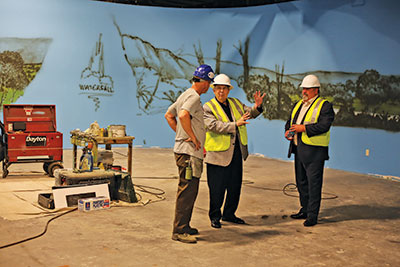
Those were some of the struggles I was sensing then, as well as the struggle of building ICR itself. We needed to hire a lot of people. We needed to acquire new scientists and get them focused on the issues at hand. ICR was growing and demanding a lot during those years. It took about five years from that initial “I’ve gotta do something” to where the timing became more urgent.
ICR already produces a monthly magazine, a daily devotional, podcasts, books, DVD series, video shorts, apologetics courses, news articles, and live events. What do you think the Discovery Center is going to add to ICR’s ministry?
The communication outlets we have now are good, and they are serving a purpose. But we have never crossed the threshold of reaching hundreds of thousands of people. The Discovery Center will enable us to do that.
If you build a mission and a ministry around a long-term vision, then it begins to grow itself, mature itself, and produce its own advocates. Books don’t do that, DVDs don’t do that, seminars don’t do that. So this was a major step in vision and purpose as well as effort and funding.
What makes this project a “Discovery Center”?
I have always been uncomfortable with the typical museum approach. I jokingly call museums a “walk and gawk” exposure, where you just go through and see some things and you learn some things. Maybe you go a second time, but that’s the end of it. I wanted to develop something that would be a never-ending source of learning and growth, oriented initially toward homeschools and Christian schools and the families that come with them, then branching off to connect with the churches around the country as a destination event. I want visiting the Discovery Center to be a genuine learning, growing, maturing experience where we can reach and train increasing numbers of people.
What will visitors learn from the exhibits?
One of the more unique things about our exhibits is that they will progressively tell a story. There’s no one exhibit that is the core of the museum. Essentially, we tell the story of the first 11 chapters of Genesis. Each exhibit adds to that story or tells a facet of that story. We introduce the exhibits by laying the foundation for why advances in science are possible today.
Tell us more about that. Why is it important to understand the foundation of science?
Until the Reformation, science as we know it was almost nonexistent. With the Reformation came sola Scriptura, the confidence that we could begin to understand God’s creation based on the information in the Bible. Johannes Kepler was famous for saying it was the job of the astronomer to think God’s thoughts after Him. Isaac Newton and the other scientists of that era were Bible-believing men. That confidence in the Christian worldview was the intellectual freedom that made empirical science possible; you could depend on the experiments that you conducted today, and they would give you the same answers tomorrow. And if they didn’t, it was because you had a bad presumption in your experiment. So, they learned by the process of experimentation and observation, what we now call the scientific method, which was nothing more than a restatement of biblical principles.
Confidence in the Christian worldview was the intellectual freedom that made empirical science possible. ![]()
With the birth of the Reformation, which really started in the 1300s with John Wycliffe and others, science became a major discipline. The discoveries of gravity and planetary motions and laws of physics and chemistry, etc., all of these things that made leaps in science possible came about in 300 years.
This enormous growth of knowledge was quickly counter-balanced by naturalism and the rise of Darwinism. Satan is no fool; he always tries to undermine the freedom that comes with truth. Evolutionary philosophy began undermining the Christian worldview and today has almost overtaken it.
We’re introducing these facts to every visitor to the Discovery Center in what we call the Founders of Science exhibit. As a visitor enters the center, he or she will be encouraged to recognize that the Christian worldview opened the door for genuine science.
What will visitors see next?
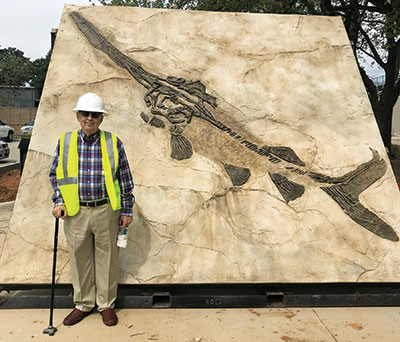
From there on, the story of Genesis chapter 1 through Genesis chapter 11 is displayed. We start with the universe and the creation week and the wonders and majesties of Psalm 19. The Garden of Eden, the Fall of man, the awful pre-Flood world, and the Ark that Noah built are exhibited, all enhanced by touchscreens with access to the ICR archives.
The post-Flood world exhibit centers around a diorama of the time of the patriarch Job, with huge models of Grand Canyon and Mount St. Helens close by. This gallery also dedicates a large wall to show the evidence of “dragons” throughout history well into the Middle Ages. The Diversity of Life exhibit hall contains a replica of the Tower of Babel, God’s design in DNA, and ICR’s human-chimp comparison research, along with examples of soft tissue discoveries in dinosaur bones and a display of the Icons of Evolution showing the more famous discoveries of so-called hominids and the real science that exposes their errors.
Everything that we have talked about up to that point shows how science demonstrates the accuracy of Scripture. But everything is consummated by the last two galleries, which will focus on Jesus as Savior and returning King. In the end, we explain what Scripture says: Jesus, the Creator, died for you, and you must be twice-born. That’s the message of Scripture.
Jesus, the Creator, died for you, and you must be twice-born. That’s the message of Scripture. ![]()
What kind of shows will we see in the planetarium?
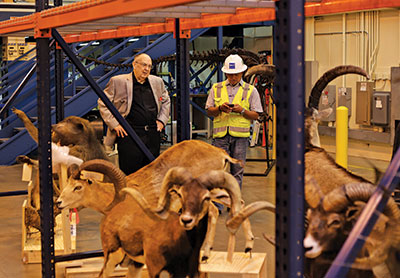
We will start with two or three shows that will be about 20 minutes long. The first one will be about the solar system, demonstrating the uniqueness of each planet, the design of the solar system, and the fact that it simply cannot be billions of years old. The second one will be a bigger picture of the universe itself—galaxies, blue stars, comets, things of that nature, again stressing the youth of the universe.
Your father founded ICR back in 1970 and spent decades investing in creation ministry. What do you think he would have thought about all this if he could see it today?
I’m hopeful he would be pleased. Dad and I spent a lot of time thinking forward together in his last few years. What we talked most about was trying to reach leaders, pastors, and Christian educators. He and I both wanted to do pastors’ conferences. We tried to do as many of those as we could, and we are going to do more. He wanted to reinstall, reinvigorate what we used to call the summer institutes, where we would hold week-long training sessions. People would come and bring their families and stay for a week in an area. With the Discovery Center’s auditorium we have here now, we could probably start that up again pretty quickly.
Did the summer institutes include pastors and their families, laypersons, or science people?
All of the above. We tended to orient it during those early years to applied science: medical doctors, veterinarians, engineers, professionals of that nature. It morphed into general leadership after a while. My own heart is strongly oriented to the churches because I see them struggling on these issues, so I’d like to do more pastoral training.
Can you tell us a little more about ICR’s history over these almost 50 years?
Well, we certainly had a harvest of men and women in the applied sciences, the doctors and engineers and so on, up through the ’90s. That initial harvest was the group that Dad and those early ICR scientists were able to reach. Many among that harvest quickly took to the creation message. They had always been troubled in their own hearts by the conflict they felt between what they read in the Bible and the “scientific” ideas they were taught, but they didn’t have the ammunition to debate it. When Dad’s book with Dr. Whitcomb hit the market in the ’60s, boy, it was like, whoosh—just a breath of fresh air. And we grew from a two-man operation to a 50-employee operation, reaching thousands on a regular basis. When we moved the organization to Dallas in 2006, the staff was right at 50. Only 10 of them made the move. Some were on the verge of retirement, and others had family commitments in California.
For all practical purposes, we became a new organization when we moved here. It was an interesting challenge trying to find and hire and rebuild the organization during those first half-dozen years or so. We’ve reached 50 again, and we’ve maintained this level for about four years now. The Discovery Center will bump it up pretty quickly.
What do you hope the Discovery Center will accomplish?
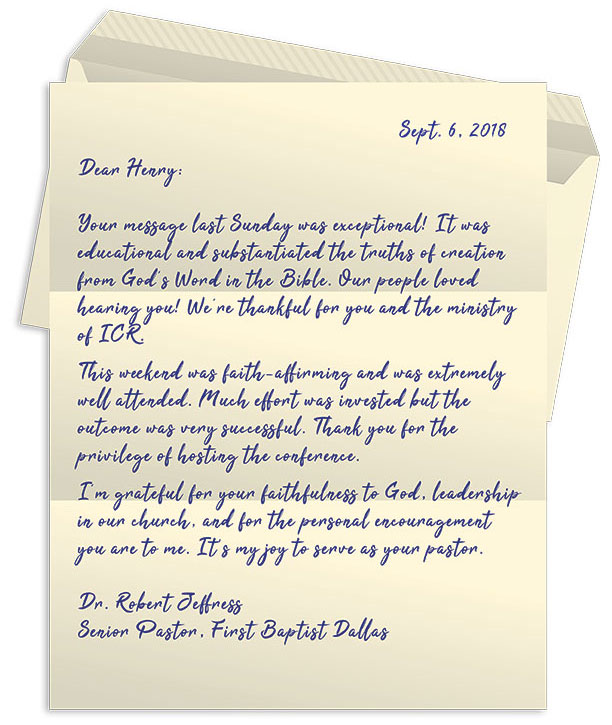
I have three main goals in mind. I certainly want to make solid inroads into homeschools and Christian schools. They will want to come out here on a regular basis for field trips. I would ditto that with church youth departments, primarily junior high and high school, with maybe some college student ministries as well. Ultimately, I would like to see consistent leadership training through the Discovery Center. We could host a pastors’ conference for a day or two and while they are here take them through the Discovery Center and concentrate on some particular area of expertise. Those three things, I think, are my want-to-dos: homeschools, church youth departments, and Christian leadership—pastors and teachers.
How will this facility help parents teach creation to their children?
Well, the most obvious way would be to bring them through and help them see the answers to particular questions they may have about dinosaurs or whatever the case may be. Every age level tends to have a hot topic that they’re after. And we would cover most of them here. The second would perhaps be training for parents.
How much more does ICR need to complete this project?
Thanks to the generous donations from ICR’s supporters, we’ve raised almost $30 million. It’s right around $5 million more to complete the project.
When will the Discovery Center open?
Construction of the facility is almost complete. We’re still working on exhibits, but we’re planning to be ready by spring 2019.
For more information and to see how you can help complete the vision of the ICR Discovery Center for Science and Earth History, visit ICR.org/DiscoveryCenter.




